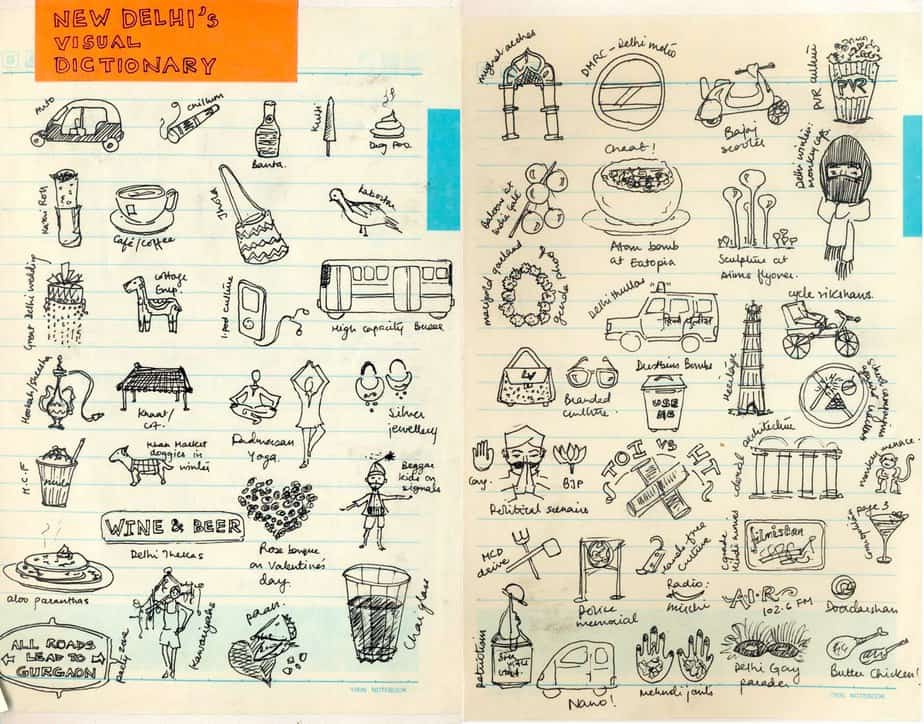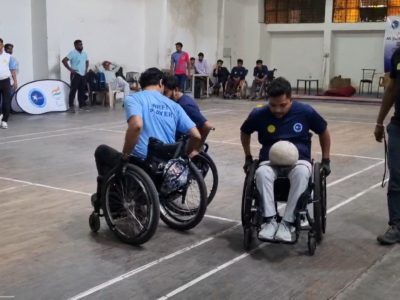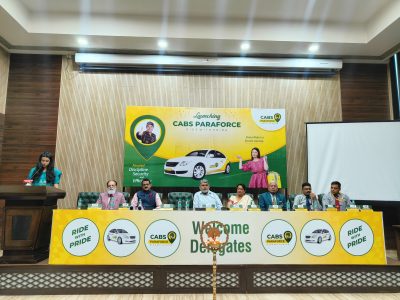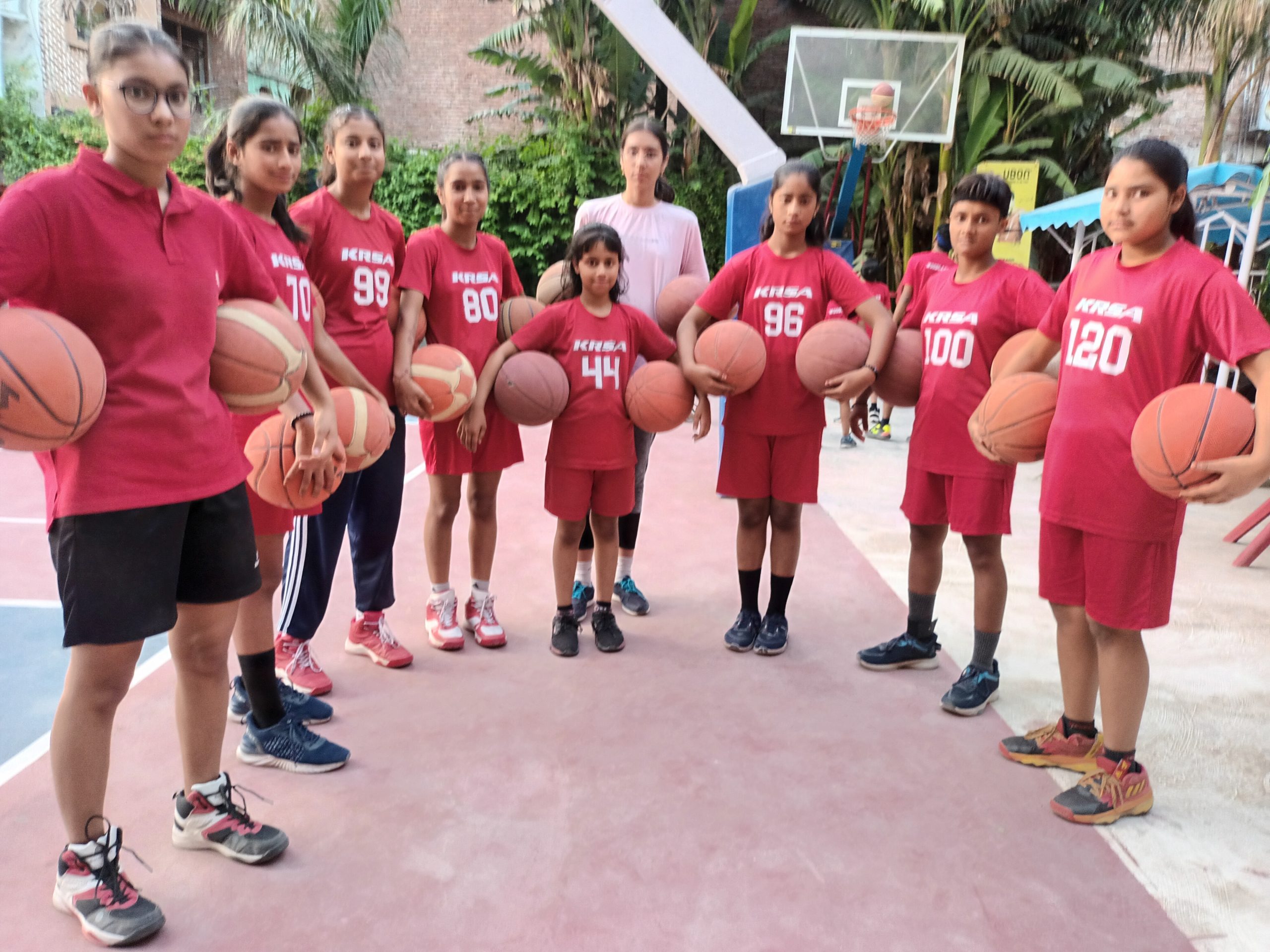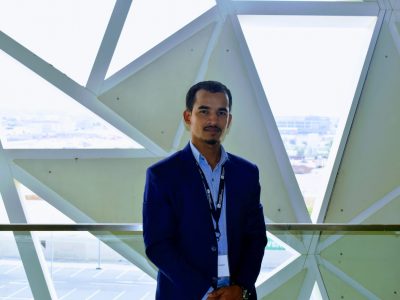Succumbing to the hybrid culture of Delhi, people have blended several dialects to create a concoction of amusing words and slang
‘Gorom Lagche’ is the cool new lingo of the town. Women’s social media platform, iDiva, has given the Bengali term a new meaning. Anything that requires appreciation is affirmed with the expression that actually means — feeling hot. A series of videos, in which women talk about their take on the lingo, has inspired a lot of Delhiites to include the expression in their daily conversations. Often, it is incorporated into sentences in other languages. Sample: ‘Freshly-baked blueberry cake ko dekhkar, Gorom Lagche.’
While some of us are using loan-words, multilingual speakers tend to switch languages in a single conversation. Ever spoken to a Malayali studying at Delhi University? His meagre knowledge of Hindi, a widely-spoken language in the capital city, makes him throw a few Malayalam words to give expression to his thoughts. Your domestic help may speak a few words in a language you have no idea about, something she learnt from an Assamese household.
These shared nuances have given birth to Delhi’s boli (dialect), which is as multicultural as it can get. People have migrated to Delhi from across India and abroad, enabling many of us to catch a few words that sound amusing. Such idiolects have led to the evolution of a local lingo that is understood in bits by many.
If you are working with more than two Bengali colleagues, you will most likely speak to them in English, with bits of Hindi. And the very next minute, you will hear them proceed with their native language that will sound like,‘Something something something, basically, something something something, Arre Bhaiya.’
“I was born and brought up in Delhi, so I am well versed of Delhi slang. I have also learnt some Punjabi because it’s really everywhere,” says Isha, a Delhiite who honed her Punjabi by listening to Bollywood songs and using her Sikh friends’ help. “I obviously cannot speak Punjabi but I speak Hindi with their accent. My mother finds it funny,” she adds.
Bollywood has come become a huge factor, leading many of us in Delhi to add comic quirks to our spoken language. Remember when Gangs of Wasseypur released — a film set in modern day Dhanbad.
It got us all raving about ‘womaniya’ — a repurposed term that uses the suffix ‘ya’ used to call names in many north Indian states. Also, something as incomprehensible as Chi Cha Ledar, which is also a song from the film. Films like Omkara led many of us to adopt that tinge of Khariboli. Even Punjabi rapper Honey Singh’s multilingual playlist that includes Blue Eyes, Char Botal Vodka and Dope Shope, become a hit in the city easily.
One can say the dialect in Delhi finds a lot of its character from states like Haryana, Uttar Pradesh and Punjab due to their proximity to the city. Some may also believe the dialect has become rude ‘Kardiyo’, ‘oye’, ‘yaar’— are a few examples of the mishmash of multiple dialects.
If you watch one of the latest videos of Delhi-based lifestyle blogger Kusha Kapila with actor Pavleen Gujral, for iDiva, where they talk about ‘women need women’, you will know how seamlessly they have incorporated Punjabi accent with English words. Kapila, who has the most passionate concoctions of dialects, can become Billi Mausi to the judgmental aunty at the drop of a hat. Not to mention Mallika Dua and her ‘scyause me’, as she becomes a new person every day, leaving behind a part of each of her characters with us.
With such developments, the future of Delhi’s local dialect is as ambiguous as the sound that cats make. What is certain are the diverse influences that continue to shape the expressions of the city, irrespective of one’s comprehension.

